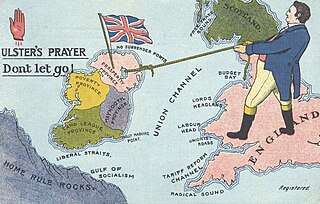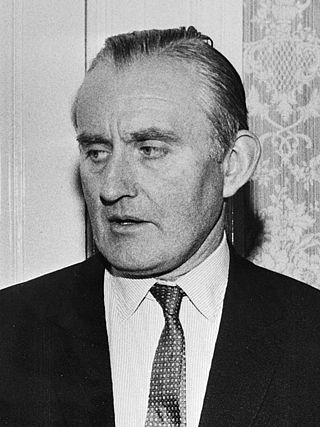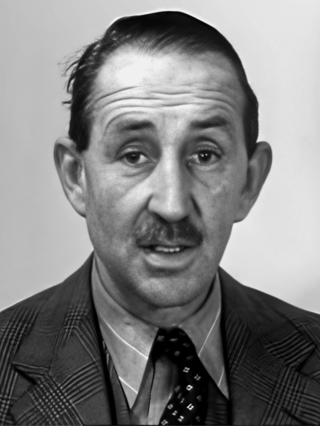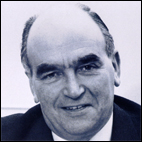Related Research Articles

The Ulster Unionist Party (UUP) is a unionist political party in Northern Ireland. The party was founded as the Ulster Unionist Council in 1905, emerging from the Irish Unionist Alliance in Ulster. Under Edward Carson, it led unionist opposition to the Irish Home Rule movement. Following the partition of Ireland, it was the governing party of Northern Ireland between 1921 and 1972. It was supported by most unionist voters throughout the conflict known as the Troubles, during which time it was often referred to as the Official Unionist Party (OUP).

Unionism is a political tradition on the island of Ireland that favours political union with Great Britain and professes loyalty to the British Crown and constitution. As the overwhelming sentiment of Ireland's Protestant minority, following Catholic Emancipation (1829) unionism mobilised to keep Ireland part of the United Kingdom and to defeat the efforts of Irish nationalists to restore a separate Irish parliament. Since Partition (1921), as Ulster Unionism its goal has been to maintain Northern Ireland as part of the United Kingdom and to resist a transfer of sovereignty to an all-Ireland republic. Within the framework of a 1998 peace settlement, unionists in Northern Ireland have had to accommodate Irish nationalists in a devolved government, while continuing to rely on the link with Britain to secure their cultural and economic interests.

Terence Marne O'Neill, Baron O'Neill of the Maine, PC (NI), was the fourth prime minister of Northern Ireland and leader (1963–1969) of the Ulster Unionist Party (UUP). A moderate unionist, who sought to reconcile the sectarian divisions in Northern Ireland society, he was a member of the Parliament of Northern Ireland for the Bannside constituency from 1946 until his resignation in January 1970; his successor in the House of Commons of Northern Ireland was Ian Paisley, while control of the UUP also passed to more hard-line elements.

James Henry Molyneaux, Baron Molyneaux of Killead, KBE, PC was a Northern Irish unionist politician who served as leader of the Ulster Unionist Party (UUP) from 1979 to 1995, and as the Member of Parliament (MP) for South Antrim from 1970 to 1983, and later Lagan Valley from 1983 to 1997. An Orangeman, he was also Sovereign Grand Master of the Royal Black Institution from 1971 to 1995, and a leading member of the Conservative Monday Club.
William Martin Smyth is a Northern Irish unionist politician, who served as the Ulster Unionist Party (UUP) Member of Parliament (MP) for Belfast South from 1982 to 2005. He was a vice-president of the Conservative Monday Club.
Arthur Brian Deane Faulkner, Baron Faulkner of Downpatrick,, was the sixth and last Prime Minister of Northern Ireland, from March 1971 until his resignation in March 1972. He was also the chief executive of the short-lived Northern Ireland Executive during the first half of 1974.

James Dawson Chichester-Clark, Baron Moyola, PC, DL was the penultimate Prime Minister of Northern Ireland and eighth leader of the Ulster Unionist Party between 1969 and March 1971. He was Member of the Northern Ireland Parliament for South Londonderry for 12 years, beginning at the by-election to replace his grandmother, Dame Dehra Parker in 1960. He stopped being an MP when the Stormont Parliament was suspended and subsequently abolished with the introduction of Direct Rule by the British Government.

Basil Stanlake Brooke, 1st Viscount Brookeborough,, styled Sir Basil Brooke, 5th Baronet between 1907 and 1952, and commonly referred to as LordBrookeborough, was an Ulster Unionist Party (UUP) politician who served as the third Prime Minister of Northern Ireland from May 1943, until March 1963.

The governor of Northern Ireland was the principal officer and representative in Northern Ireland of the British monarch. The office was established on 9 December 1922 and abolished on 18 July 1973.
Events from the year 1920 in Ireland.
Events from the year 1914 in Ireland.
John Warden Brooke, 2nd Viscount Brookeborough, PC (NI) was a Northern Irish politician. He was the son of Basil Brooke, 1st Viscount Brookeborough, third Prime Minister of Northern Ireland.

Henry William West was a politician in Northern Ireland who served as leader of the Ulster Unionist Party from 1974 until 1979.
Robert William Hugh O'Neill, 1st Baron Rathcavan,, known as Sir Hugh O'Neill, 1st Baronet, from 1929 to 1953, was an Ulster Unionist member of both the Parliament of the United Kingdom and the Parliament of Northern Ireland.

The Buckingham Palace Conference, sometimes referred to as the Buckingham Palace Conference on Ireland, was a conference called in Buckingham Palace in 1914 by King George V to which the leaders of Irish Nationalism, John Redmond and Irish Unionism Edward Carson, were invited to discuss plans to introduce Irish Home Rule and avert a feared civil war on the issue. The King's initiative brought the leaders of Nationalism and Unionism together for the first time in a conference.

John Dunn Laird, Baron Laird,, of Artigarvan was a Northern Irish politician, life peer and former chairman of the cross-border Ulster-Scots Agency. In 2013 Laird allegedly offered to lobby for a firm against parliamentary rules. Consequently, he resigned from the Ulster Unionist Party.
Events during the year 1968 in Northern Ireland.
Robert Dodd McConnell, known as Bertie McConnell is a former Army officer and politician in Northern Ireland.
References
- ↑ Lord McConnell: Unionist politician who tried to oust Terence O'Neill. Telegraph, 31. Oktober 2000.
- ↑ "No. 53956". The London Gazette . 15 February 1995. p. 2165.